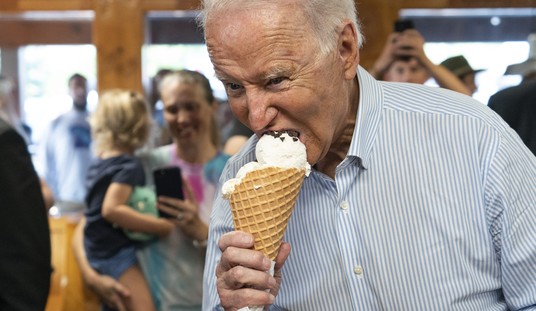Apparently, to the social justice mob, Democracy is all well and good until the people they claim to represent voice their disagreement. Then measures must be taken to see to it that the voice of the people is minimized, if not silenced altogether.
This is the thinking YouTube is flirting with, as they’re now eying their own dreaded dislike button as a source of much grief.
The social justice community has taken a few hits on YouTube by viewers as of late. The first came with the complete rejection of the 2018 YouTube rewind by the YouTube community, which is currently the most disliked video of all time on the platform. The YouTube community united against the video, which was laden with social justice messages. As of this writing, the video has over 15 million dislikes to 2.5 million likes.
The second blow was the hatred that surrounded the recent Gillette ad that sought to insult men and promote the social justice community’s feminist agenda, complete with all the regular buzzwords and even an appearance by The Young Turks. It was later discovered that the ad’s creators were a radical feminist production company famous for producing such anti-male ads. It currently sits at 1.3 million dislikes to over 700,000 likes.
According to The Verge, YouTube’s top brass considers this the result of “dislike mobs,” or groups of people who go around disliking videos:
“Dislike mobs” are the YouTube equivalent to review bombings on Steam — a group of people who are upset with a certain creator or game decide to execute an organized attack and downvote or negatively review a game or video into oblivion. It’s an issue on YouTube as well, and one that creators have spoken out against many times in the past. Reports have suggested that a video with a high number of dislikes — that outweighs the number of positive likes — is less likely to be recommended, and could therefore hurt the creator’s channel.
YouTube’s director of project management, Ted Leung, believes that while it may be undemocratic, stripping the dislike button from videos may be necessary unless they can find a more finessed way to counter the problem of the public disliking videos reported the Verge:
“Another [option] is requiring more granularity when someone downvotes,” Leung says. “If you’re going to give a downvote, maybe you have to click a checkbox as to why you don’t like this video. That could give the creator more information, and it would also give viewers pause instead of just doing it impulsively. On the other hand, that’s complicated to build, complicated to collect, and then to relay the results to the creator in analytics or Creator Studio.”
The last option, which Leung describes as the most extreme option, is just to remove dislikes entirely. It’s not “as democratic,” according to Leung as, “not all dislikes are from dislike mobs.”
There may be some kernel of truth to the idea of there being a “dislike mob,” but Leung and YouTube officials might be missing the main problem.
It’s clear that the people don’t like being preached to, and that social justice doesn’t fly with the general populace. This is proven time and again, not just in the YouTube community, but within pop-culture at large. The NFL in 2017 had a steady ratings decline well into the double digits, with boycotts costing the league 33 percent of its viewership. Even Disney is feeling the heat from the public’s dislike of the new SocJus laden Star Wars movies, and is having to put some of its projects on hold, and is now heading for a “reset” according to reports.
People are mashing the dislike button because they dislike the video and the message it bears. That seems to be something the SJW staff at YouTube can’t seem to wrap their head around. It can’t be that the videos are disliked because they’re demonstrably terrible and politically charged, it’s because of “mobs.”
Regardless, the Orwellian approach to solving the problem should be noted by the public at large. Your voice doesn’t matter, only their voice, and the voices they approve of. If you don’t like something they approved of or created, then you don’t matter.














Join the conversation as a VIP Member